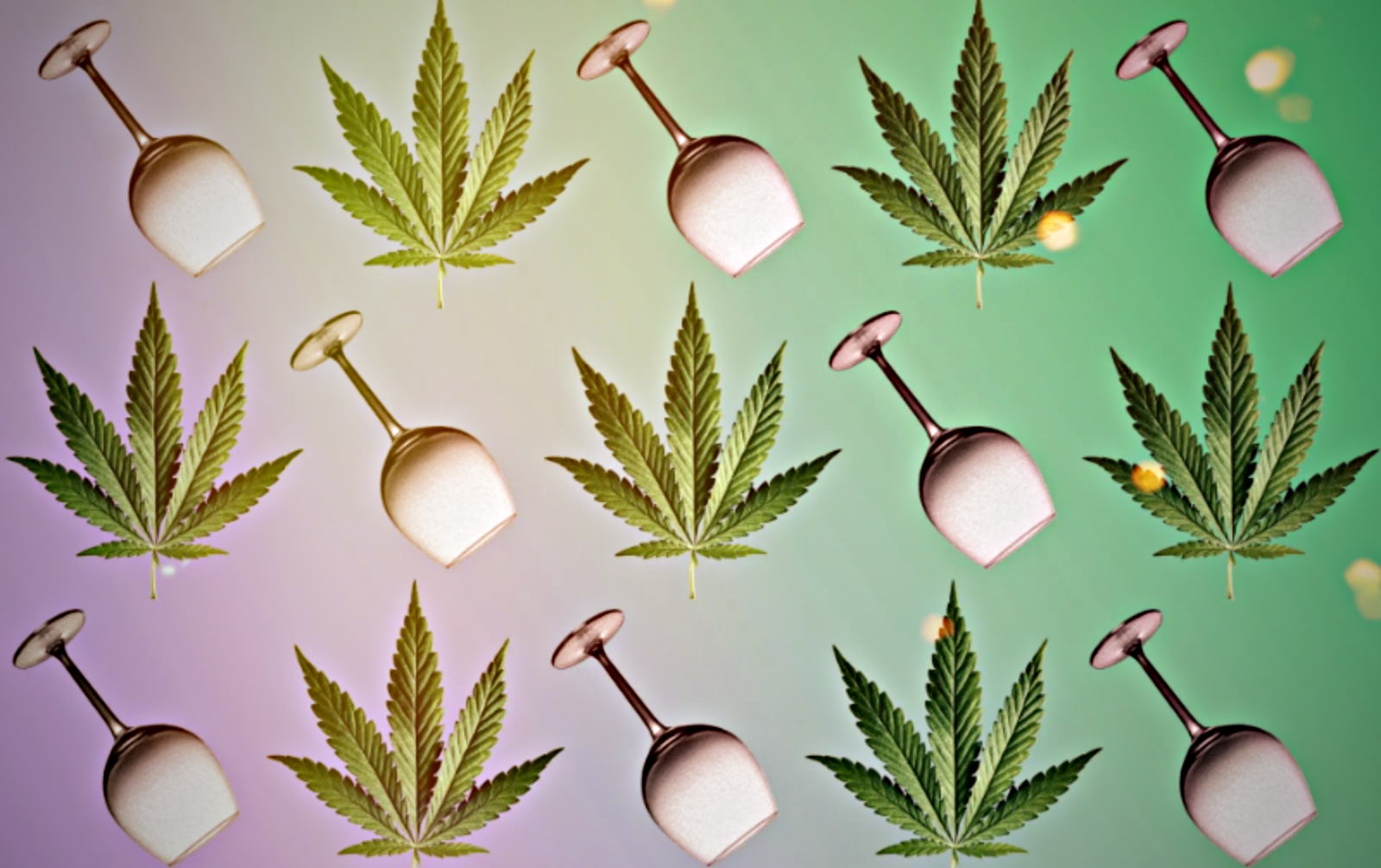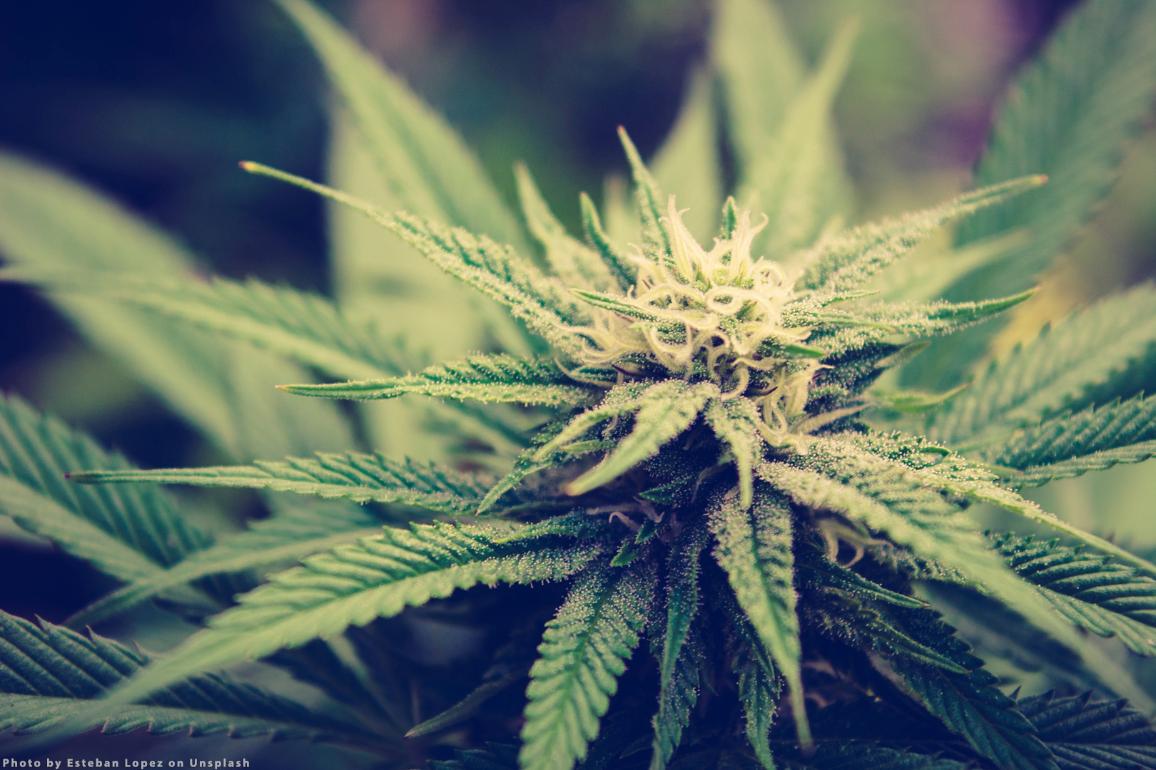The Denver Post has a very interesting story about a few people in the state of Colorado who are trying to amend the marijuana laws that have become so profitable since 2014 (recently surpassing $10 billion in sales).
And while we have studies that show teenage use of marijuana does not increase after legalization, we also know that one thing is increasing: potency.
While studies are still relatively scarce showing the correlation, most would agree that there is higher risk of life altering changes in young people when smoking concentrates with THC levels that are up to 90% at times.
So while Colorado has become the beacon for what is possible with marijuana legalization, it is also the first place to start when creating better regulations.
Representative Yadira Caraveo has been on the frontlines of new legislation.
“The centerpiece of the initial version of Caraveo’s bill — a THC cap that she first tried to set at 15% for all products — was never politically viable, as it would have wiped out huge swaths of the state’s cannabis industry. Fifteen percent THC or higher is common not only in concentrates (which can be as high as above 90%) but also traditional flower.”
Due to marijuana’s huge success in the state, there is hesitation in bringing up any sort of regulation, for it would no doubt effect the state’s ability to bring in revenue.
However, as more studies come out that show the link between high THC levels and its effect on young brains, perhaps this will change.
A 15% cap is a huge change, and an incremental approach seems a better fit.
Read the original story here.







